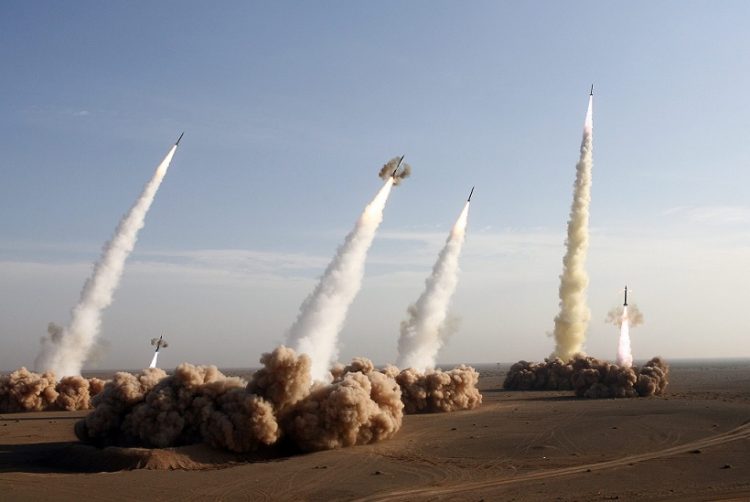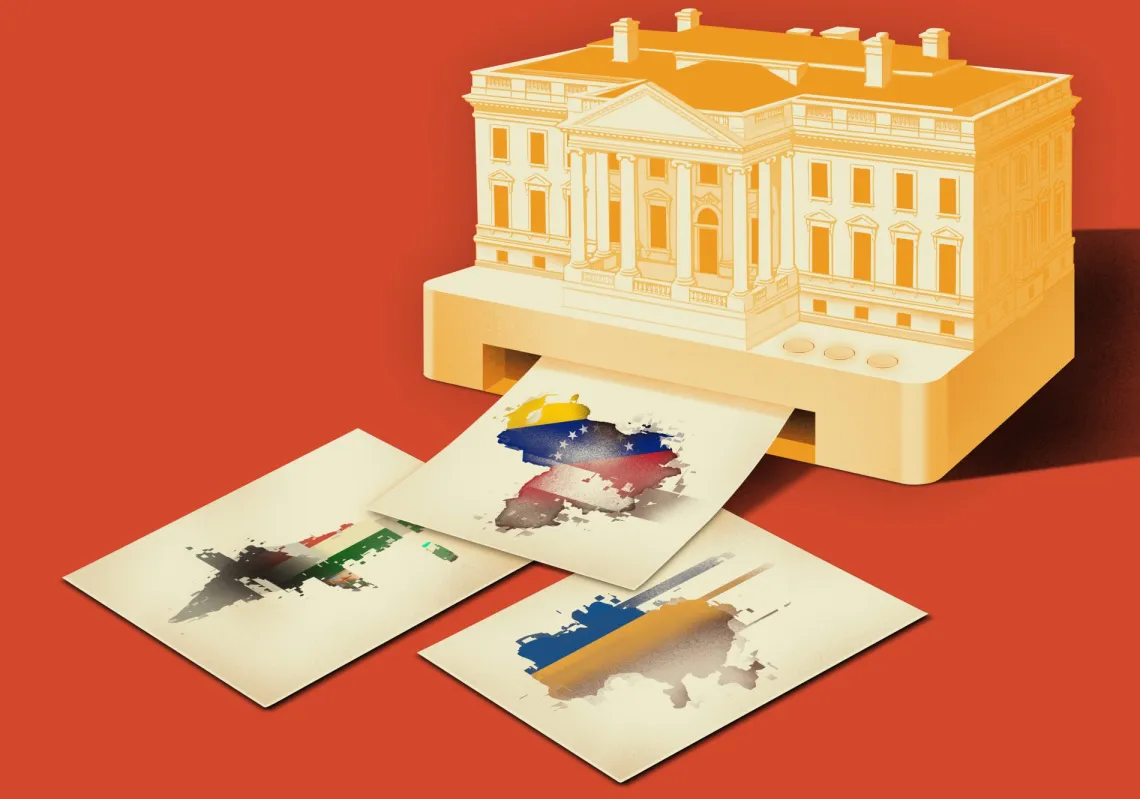With the Iranian currency falling rapidly in front of the US dollars, the steadfast increase in the Covid-19 cases and deaths, multiple fires and explosions were reported all over the country, most significantly Iran’s nuclear facility in Natanz. But most recently, and despite the limited access to information from Iran, people went out again in protests against the regime. Iran can barely deal with one of these problems, and it will be almost impossible to tackle or offer a solution to the rest as they escalate, and its regional repercussions intensify. To avoid a total social and economic meltdown, could Iran compromise?
MULTIPLE BREAKDOWNS
Latest official Iranian reports indicate that around 16,000 Iranian died due to the COVID-19 virus, as the cases of people infected reached 277,000 persons. However, Iranian president Hassan Rouhani stated that around 25 million Iranians may have contracted coronavirus. Rouhani added that there is the possibility that between 30 and 35 million more people will be at risk, and that since the outbreak, more than 200,000 people in Iran have been hospitalized and that it is possible that a few million more could be hospitalized in the coming year.
Not only are these are bad projections, Iran’s government does not have the financial means to equip its medical sector and social institutions for such a health disaster, such as importing medicine and medical equipment. According to reports, there are only three nurses for each thousand patients, due to the deterioration of the economy and its impact on the medical sector in Iran.
In addition to this crisis that would alone cripple any country, Iran has been subject to a number of attacks, internally and regionally. Iran has admitted that the attack on the Nanatz facility has actually caused major damage and could slow down the country’s production of advanced centrifuges. Although Iranian officials accused Israel for the attack, there was no retaliation.
In Iraq, Iran is struggling: it had to compromise the premiership to a US preference – Mustafa Al-Kadhimi – who had been giving Iran’s revolutionary guards and their militias in Iraq a difficult time. In Syria, Israeli attacks on Iran’s military facilities are escalating, and Iran has lost most of its precision missiles production facilities in Syria throughout the past three years. Again, there was no retaliation, although a Hezbollah operative has been killed.
It doesn’t seem that – beyond threats and talk of retaliation – Iran is prepared to take any risk in that direction. If anything, Iran prefers to ignore the damages these attacks had caused, and the losses to its military facilities inside the country and the region, rather than risk the repercussions of any retaliation.

LEBANON’S QUAGMIRE
Meanwhile in Lebanon, Iran’s main militias, and the IRGC’s poster child – Hezbollah- is not doing so well itself. According to recent local reports in Lebanon, Hezbollah’s Shura Council made a recommendation for Hezbollah to shift its salary payments from US Dollars to Lebanese Lira, due to the shortage of dollars, and Hezbollah’s limited access to hard currency. However, Hezbollah’s leadership – mainly its Secretary General Hassan Nasrallah – declined these recommendations and decided to continue paying salaries in US Dollars.
This leaked information could shed a light on Hezbollah’s deteriorating financial crisis, which doesn’t seem to get resolved anytime soon. But as Hezbollah is trying to forestall the ramifications of the crisis on its circles and the Shia community in general, they will have to deal with its Lebanon’s problem as well. Without any international assistance, Lebanon seems to be swiftly sliding into a Venezuela scenario with increased hyperinflation, unemployment, and shortages of services and goods.
As the situation in Lebanon declines, the Lebanese people – including many Shia – are starting to realize that Hezbollah’s so-called military victories did not and will not put food on the table, and that Hezbollah’s control over Lebanon’s political, financial, and security state institutions only lead to the bankrupt of the country and its businesses. Despite the halt of the protests – mainly due to the Coronavirus and security crackdown on activists – it is expected that people’s anger and frustration will only grow.
No matter how hard Hezbollah tries to blame the banking sector and the central bank for Lebanon’s calamites and people’s losses, it is hard to ignore the elephant of the room; that is corruption and Hezbollah’s protection of corrupt allies and institutions. Lebanon’s problem is not financial or technical; it is at its core political, and mostly linked to Iran’s takeover of Lebanon’s institutions, and only a political solution would suffice.
Until then, Lebanon needs every help it can get, and the stalling of talks with the International Monetary Fund is not a good sign. The IMF request was simple; unify the numbers among the representative Lebanese delegation, and start implementing basic reforms. But the Lebanese political elite prefer to continue robbing whatever is left in the central bank and other financial assets rather than save Lebanon from total collapse. Meanwhile, Hezbollah keeps losing its popular support, allies’ constituent power, and legitimacy.
To go back to the main question: considering all these internal and regional challenges, will Iran compromise? One could say that Iran has already compromised in Iraq by allowing Kahdimi’s premiership, and by not retaliating against US forces as they said they would. One could also say that Iran has already compromised in Syria by sharing power with Russia and by ignoring the Israeli strikes. Even in Lebanon, one can argue that Hezbollah had compromised by giving the government a green light to start talking to the IMF. However, despite all these signs of flexibility, Iran hasn’t really compromised on what it considers priorities; that is Hezbollah’s complete control over Lebanon, and the strong presence of its militias across the region. Iran has not compromised in Yemen, with the Assad regime, nor has it allowed basic reforms in Lebanon.
The Iranian regime probably believes that it doesn’t have to make any concessions now that there’s a possibility of administration change in the US in November 2020, which might lead to less pressure on the regime and its regional proxies. And until then, they just have to avoid drowning in the quicksand and survive the current US maximum pressure campaign.
However, this could be wishful thinking as a number of the sanctions – such as the recent Caesar Act – are bipartisan and will not change with the next administration. In addition, the US, in case of a Biden administration, will have to restart negotiations before signing another deal, which might take years. The Iranian regime might not have the luxury of time.








